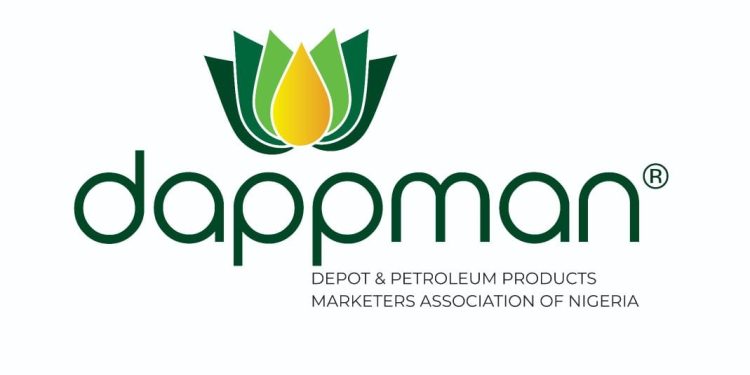Marketers of petroleum products, under the auspices of Depot and Petroleum Products Marketers Association of Nigeria (DAPPMAN) have said the federal government’s Naira-for-crude policy is potentially dangerous for the nation’s economy.
Executive Secretary of DAPPMAN, Olufemi Adewole, made this known in a statement on Monday.
According to him, the policy had the potential to jeopardise Nigeria’s foreign exchange stability and discourage Foreign Direct Investment (FDI) inflows.
He further stated that it could disrupt Nigeria’s role in the global oil market, which is traditionally driven by transactions in U.S. dollars.
Adewole pointed out that oil trade relies on dollars due to the currency’s stability and global acceptance, which provides predictability to international partners and investors and failing to align with this standard may isolate Nigeria from global markets, hinder trade, and discourage investment.
“The global oil market depends on the U.S. dollar’s stability. Shifting from this norm could alienate our trade partners and investors,” he explained.
Adewole further highlighted broader economic risks, noting that reactive policies often yield uneven benefits, favouring a few rather than the wider economy.
He warned that linking crude oil transactions to the Naira could worsen inflation and cause exchange rate instability.
“The Naira has been historically unstable. Tying oil deals to it could trigger capital flight and scare off foreign investors,” he added.
The executive secretary also warned that the Naira-for-crude framework might place heavy pressure on Nigeria’s foreign exchange reserves, pointing out that without sufficient dollar inflows from oil sales, the Central Bank of Nigeria (CBN) may struggle to maintain currency stability.
“The policy could deplete reserves, leaving the CBN unable to stabilise the Naira. Oil sales are a major source of foreign exchange,” he said.
Adewole emphasised the need for sustainable, long-term strategies.
“DAPPMAN supports efforts to strengthen the Naira, but reforms must address the root causes of its weakness,” he stated.
He referenced Venezuela’s failed attempt to replace the dollar with its local currency for oil trade in the 2000s, which caused severe economic turmoil and urged Nigeria to learn from this, warning that abrupt policy shifts without safeguards can lead to unintended consequences.
“Disrupting international trade norms can backfire. Policies should maximise benefits for all Nigerians,” he added.
Adewole reiterated that in spite its concerns, DAPPMAN remains committed to working with regulators and stakeholders to improve Nigeria’s downstream oil sector.
He stressed the importance of aligning with global market practices to ensure long-term economic stability.
“The oil sector’s future relies on investment-friendly policies that protect reserves and foster competitiveness. With the right environment, Nigeria can build a sustainable energy future,” he said.









